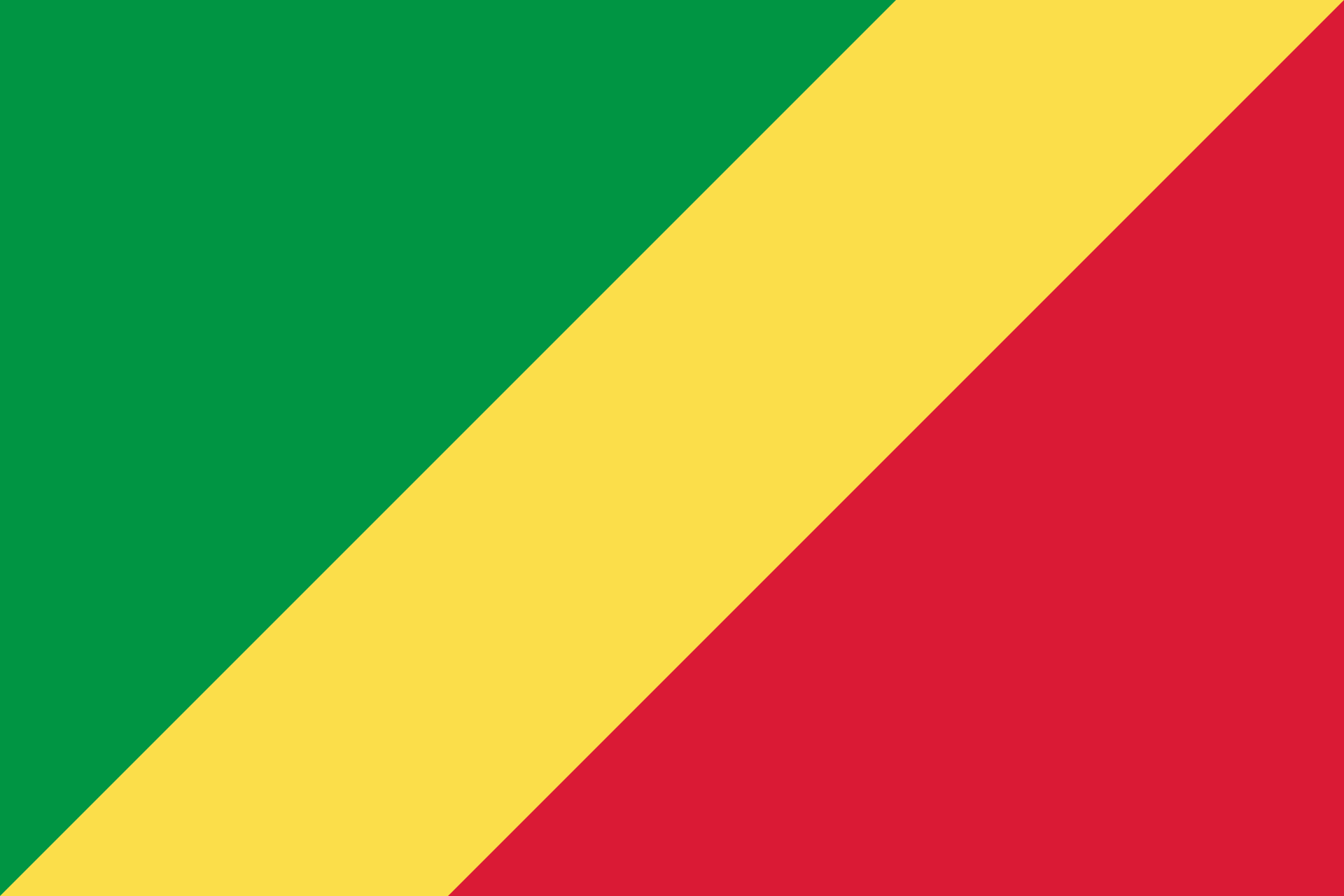Republic of the Congo
The Republic of the Congo, also called Congo-Brazzaville, is a central African nation with rainforest reserves that are habitats for gorillas. Its capital city, Brazzaville, lies across the Congo River from Kinshasa, the capital of neighboring Democratic Republic of the Congo. Brazzaville’s highlights include traditional craft markets and the mid-20th-century Basilique Sainte-Anne, with a green-tiled roof and spire.

-
Capital: Brazzaville
Important Cities: Pointe-Noire, Dolisie, Nkayi, and Ouesso
Airports:
International Air Connectivity:
Maya-Maya Airport in Brazzaville provides international connections to various destinations in Africa, Europe, and the Middle East.
Domestic Air Connectivity:
Domestic flights connect major cities and regions within the Republic of the Congo, facilitating travel within the country.
Tourist Attractions:
-
Nouabalé-Ndoki National Park: Known for diverse wildlife, including gorillas and forest elephants.
Lesio-Louna Reserve: Home to orphaned and rehabilitated chimpanzees.
Brazzaville: Explore the capital with its vibrant markets and cultural attractions.
Pointe-Noire: A coastal city known for its beautiful beaches.
Cuisine:
Congolese cuisine includes dishes like fufu, moambe, and various stews. Local ingredients like cassava, plantains, and palm oil are common.
Cultural Activities:
Experience traditional Congolese music, dance, and festivals. The country has a rich cultural heritage with diverse ethnic groups.
Accommodation:
-
3-Star Hotels: Examples include the Hotel Olympic Palace in Brazzaville.
4-Star Hotels: The Mikhael's Hotel in Pointe-Noire is a notable choice.
5-Star Hotels: The Republic of the Congo offers limited 5-star options.
Transport Connectivity:
-
Rail: The Congo-Ocean Railway connects Brazzaville and Pointe-Noire, primarily used for freight transport.
Road: Roads and highways connect cities and regions. Transportation can vary in quality and accessibility.
Population:
the Republic of the Congo’s population is estimated to be around 5.4 million people.
Religion:
Christianity, particularly Roman Catholicism, is the major religion, with indigenous beliefs also practiced.
Languages Spoken:
French is the official language. Lingala, Kikongo, and Kituba are also widely spoken. Indigenous languages are used across the country.
Disclaimer:
The information above is for reference, and we do not accept any liability for inaccuracies or updates.